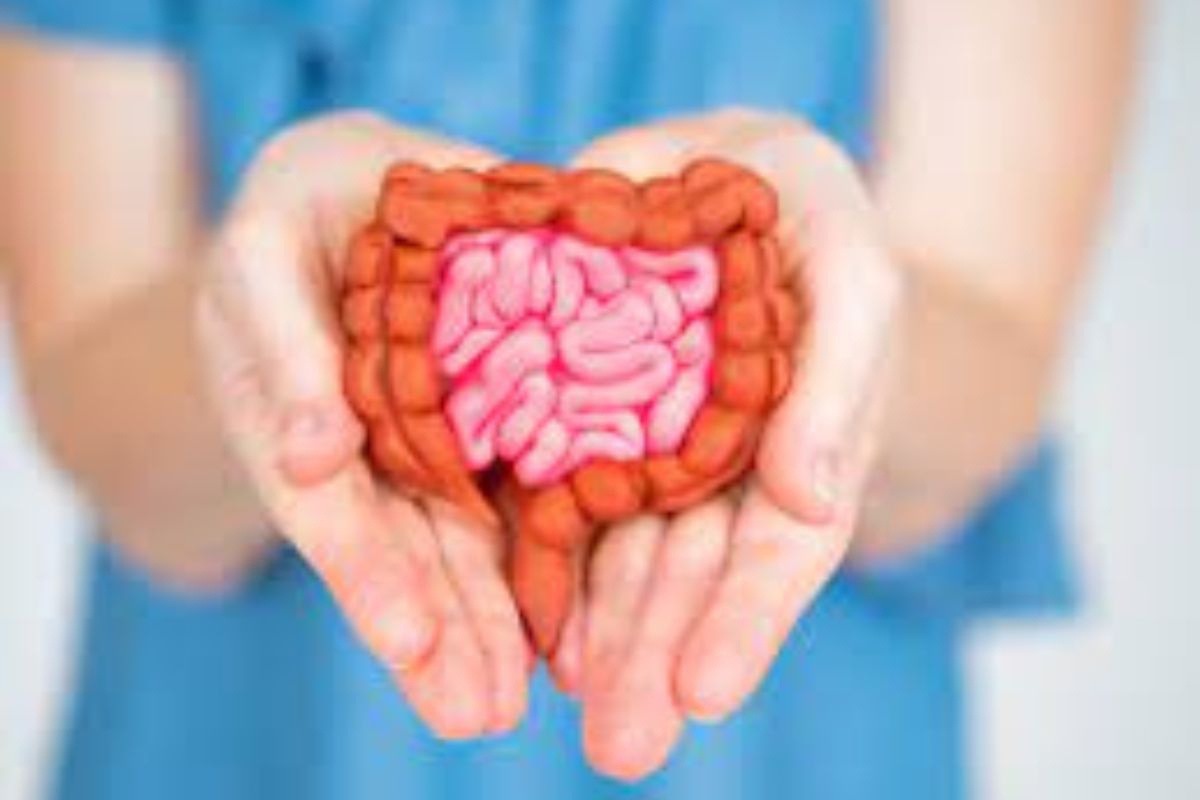How daytime sleep can raise dementia risk
If you think you can compensate for your night’s sleep during the daytime you may be wrong, said Dr. Sudhir Kumar, a Hyderabad-based neurologist on Wednesday.
A recent report by the UN declared that in the present global landscape, obesity has transformed into an epidemic condition, with one in every eight individuals now obese.

File Photo: Gut health
A recent report by the UN declared that in the present global landscape, obesity has transformed into an epidemic condition, with one in every eight individuals now obese. When it comes to weight gain and obesity, the first instinct is to blame our poor diet, eating patterns, lifestyle choices and sedentary practices, but what if we told you that there is another concealed secret that has been furtively influencing weight gain and obesity as well? If you want to figure out why your restricted calorie diet, saying adieu to the lift and taking the stairs, huffing and puffing, and saying goodbye to your indulgent desserts aren’t doing anything to reduce your love handles, maybe it is time to take a look at your gut.
Our gut is the host to trillions of bacteria, fungi, viruses and other microbes and forms a diverse intestinal flora. It plays a key role in breaking down and absorbing nutrients, boosting immunity, and, as revealed by recent research, having a paramount influence on brain chemistry, mood, and stress response. “Yes, our gut plays a crucial role in influencing obesity, and it all comes down to the diversity of the gut microbiota. The more diverse your gut is, the better the distribution of good bacteria over bad bacteria would be,” says Subarna Roy Chowdhury, an eminent senior dietician and nutritionist based in Kolkata.
The food we consume is directly linked to the bacteria that colonise the gut. Your gut microbiome acts as a completely separate organ. (Intrigued? There’s more. Studies have revealed that when weighed, your gut microbiome may weigh as much as 1.5–2 kg, which is the weight of your average brain). The correlation between food and gut health is pretty relevant. While food plays a central role in instituting our gut’s diversity, composition and health, the gut microbiota also determines how our body responds to the food. Two bacteria that mostly dominate the intestinal flora are bacteroidetes and firmicutes. Initial studies have revealed that for a person who is obese, firmicutes are present more in the gut microbiome than bacteroidetes.
Advertisement
What are bacteroidetes and firmicutes? Phyla of bacteria dominate the gut and make the most of the microbiota composition. Feeding on different food groups, firmicutes are more prone to sugar and carb-rich foods and are directly linked to being active participants in carbohydrate metabolism and promoting fat storage. Hence, when you rely on processed food, sugar and carbs, you create a favourable environment for firmicutes to thrive. However, bacteroidetes prefer whole foods and are linked with the breakdown of starch, which converts it into energy that is quickly utilised and not stored. Another species, Prevotella, is also linked to being a good bacteria as it helps metabolise complex polysaccharides.
Your gut health completely depends on the diet you follow, and this directly impacts your weight gain or loss. Hence, a diet rich in good fat, whole foods and fibre, including superfoods and fresh produce, helps good bacteria thrive. Nutritionist Subarna Roy Chowdhury adds, “I always recommend going for a low-glycemic index diet. It’s extremely important to incorporate probiotics and prebiotics into your diet as well. Probiotics play a key role in managing blood glucose by reducing inflammation markers. There is often a misconception that if you are lactose intolerant, you cannot have curd. However, during the process of making curd, most of the lactose converts into lactic acid, making it safe to consume. Also, it’s important to note that a good gut microbiome would ultimately mean maximum nutrient absorption, better blood sugar management, and a strong immune system, which will have a direct impact when trying to maintain a healthy weight.”
Advertisement